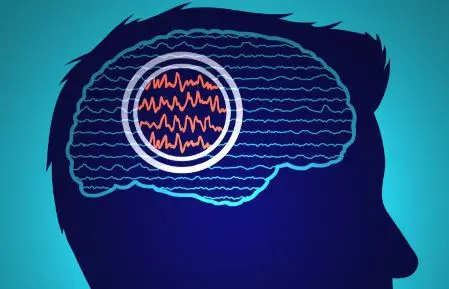Children’s Hospital of Philadelphia Researchers Use AI-Powered Method to Identify Genetic Epilepsies Much Earlier than Genetic Diagnosis
July 30, 2024
Article Published by PR Newswire
Researchers at the Epilepsy Genetics Initiative (ENGIN) at Children’s Hospital of Philadelphia (CHOP) used machine learning and artificial intelligence to comb through medical records and use clinical notes to match symptoms with specific genetic epilepsies. Prior studies from the group have demonstrated that standardized data from electronic medical records can be used to study clinical data at very large scales and better predict onset of epilepsy based on symptoms instead of relying solely on a confirmed genetic diagnosis. Building upon previously developed techniques, the researchers aimed to identify early clinical features that could suggest a genetic diagnosis of epilepsy.
“We wanted to determine whether the type of information captured in electronic medical records prior to genetic testing could provide clinicians with clues for a later diagnosis,” said first study author Peter D. Galer, a PhD student with ENGIN and the Center for Neuroengineering and Therapeutics at the University of Pennsylvania. Using Natural Language Processing, an AI-driven standardized method for processing clinical information from text in electronic medical records, the researchers extracted 89 million timestamped clinical annotations from 4,572,783 clinical notes from 32,112 individuals with childhood epilepsy, including 1,925 individuals with known or presumed genetic epilepsies. The researchers identified 47,774 age-dependent associations of clinical features with genetic epilepsies a median of 3.6 years prior to when those diagnoses were confirmed with a genetic test.
“By examining a very large dataset of individuals with childhood epilepsies, we believe that our results could be used prospectively for new diagnoses. Since most clinicians use electronic medical records, we believe this system could be widely adapted and utilized even in patient populations where genetic testing is not immediately available after symptom onset,” said senior study author Ingo Helbig, MD, pediatric neurologist in the Division of Neurology, co-director of ENGIN, and Clinical Director of the CHOP/Penn Center for Epilepsy and Neurodevelopmental Disorders (ENDD).








